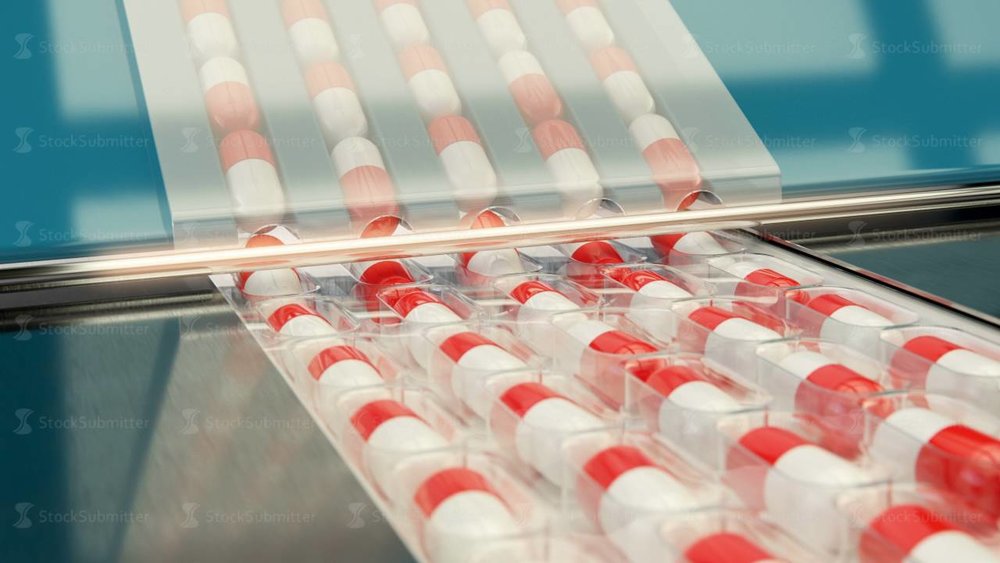Production of 5 drugs for refractory, rare diseases increased

TEHRAN — Production volume of five pharmaceutical products for refractory and rare diseases has risen by 25 percent in a biopharmaceutical company in the province of Alborz, IRIB reported on Saturday.
The new phase of the production lines of the pharmaceuticals including recombinant proteins and monoclonal antibodies were inaugurated with Iranian Industry, Mining and Trade Minister Reza Rahmani in attendance.
The 25-percent rise in production of the medications for patients with multiple sclerosis, cancer patients and patients suffering hemophilia will stop currency outflow of $250 million annually and will make the country self-sufficient, the report highlighted.
Factor VII (for uncontrolled bleeding in hemophilia patients), rituximab (a medication used to treat certain autoimmune diseases and types of cancer), etanercept (a biopharmaceutical that treats autoimmune diseases), trastuzumab (a monoclonal antibody used to treat breast cancer), bevacizumab (a medication used to treat a number of types of cancers and a specific eye disease) are the five drugs seen increase in production.
CEO of AryoGen Pharmed, Amir Farshchi explained that launching the new phase of the medical production line with a budget of $1 million has resulted in 150 new employment opportunities.
The company’s exports amount to $20 million in a year, Farshchi added.
AryoGen Pharmed an Iranian biopharmaceutical company specializing in manufacturing Therapeutic Monoclonal antibodies and some other recombinant proteins.
MQ/MG
